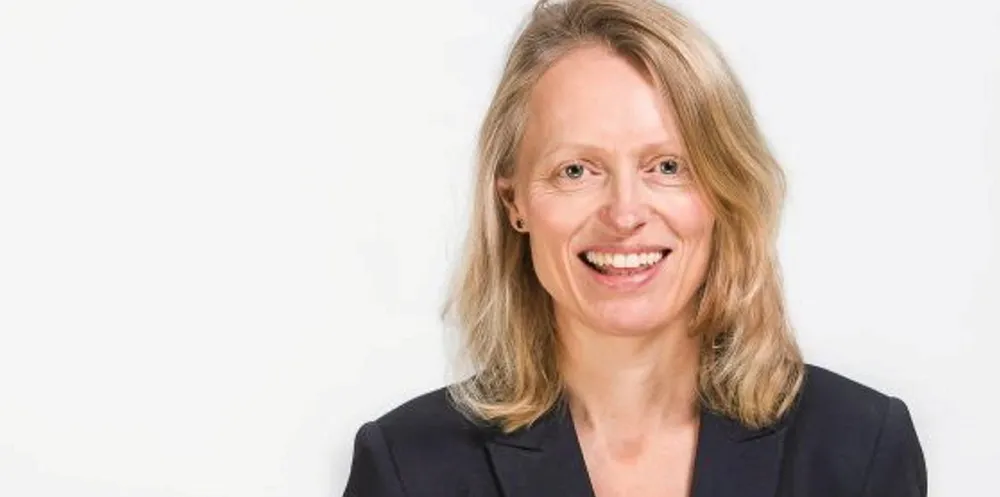Would the world be better without voluntary certification standards?
Consumers need guidance when it comes to making responsible food choices. But where should that responsibility lie?

As consumers increasingly want to play their part in protecting the planet and reducing their impacts, they are asked to make the appropriate choice in a highly complex landscape. On top of that, they are asked to pay attention to the nutritional balance of their diets and their children’s. They rightly expect to receive some guidance from retailers and brands, as no one can pretend to have a comprehensive knowledge either on nutrition nor on the impacts each food production system truly generates, both socially and environmentally.
Where do voluntary certification standards stand in this context? I believe their role is crucial. Not as the lone drivers of societal goals for protection of biodiversity and local livelihoods, but rather as a credible partner to governments, international organizations, the industry, retailers and NGOs, in order to provide assurances on specific criteria that belong to their field of expertise.
The reality is that governments can’t be expected to set sustainability standards and assess them all. We live in liberal societies that rely on a plurality of initiatives. Should certification standards be solely driven by the state, they would be exclusively state funded. Our societies are facing increasing financial constraints and cannot be held responsible for everything. Governments rely on public-private partnerships, provided these mechanisms ensure a high degree of accountability.
Voluntary certification standards exist in all sectors of the economy. They are clearly a market-driven approach. They complement regulatory frameworks and can help hold businesses accountable in meeting sustainability standards through a whole set of safeguarding principles that are underpinned by the ISO (International Organization for Standardization).
Their business model is based on the willingness of companies to pay for third-party programs to demonstrate they are compliant with a set of rules. The credibility of such non-state market-driven instruments lies in the fact that the process of auditing companies against a standard and issuing certificates is undertaken by independent third-party certification bodies or auditors, not by the standard itself.
At MarinTrust, which was founded 10 years ago, we are proud to be contributing to championing best practices in the reduction fishery sector, based on key elements of the FAO Code of Conduct for Responsible Fisheries. Many challenges lie ahead and not all fisheries are eligible to certification. Through our Improver Programme, we provide factories not yet meeting the criteria for our standards, due for example, to a lack of fisheries management or factory infrastructure and operational issues, with a structured improvement journey.
I can’t say enough how proud I am of the work undertaken by the Thai Stakeholder Group for the Gulf of Thailand mixed-trawl Fishery Improvement Project (FIP) fishery, led by the Thai Sustainable Fisheries Roundtable, which has just been accepted onto the MarinTrust Improver Programme.
This key advancement will facilitate improvement, allow for the testing of criteria in complex multispecies fisheries and enable producers of marine ingredients to demonstrate their commitment towards responsibly sourced raw materials. This couldn’t have been achieved without the commitment of the Thai authorities.
We hope this remarkable achievement will open the way to other success stories in this region as well as in other parts of the world, based on collaboration between all stakeholders, and is a sign of where MarinTrust will move in the future.